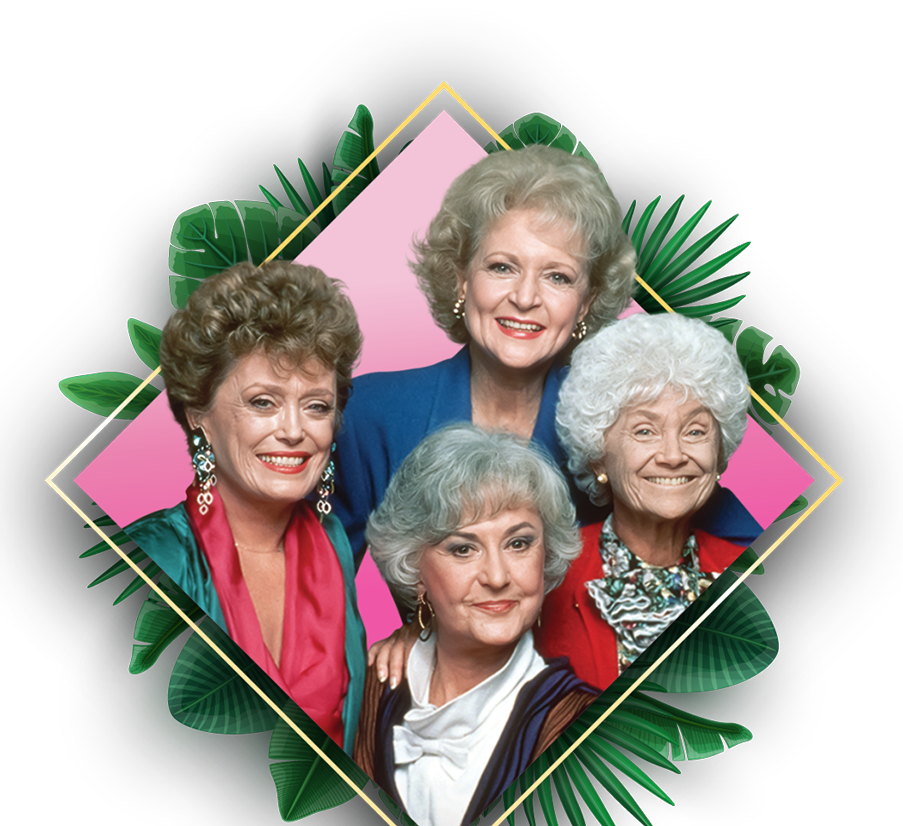McLean Stevenson said that he had a ''love-hate'' relationship with Gary Burghoff
The two weren't as close as Blake and Radar were on screen.

While television can be a fun escape from reality every once in a while, it's important that, as a viewer, you understand that much of the content portrayed comes from a place of fiction. The actors on screen are not factually best friends, no matter how much they appear to be, or how much you'd like them to be in real life. Like any other occupation, an actor's work is sometimes filled with as much trouble as it is with joy.
While a majority of the cast of M*A*S*H got along swimmingly with each other, the show wasn't without its problems. You don't get to eleven seasons on a network without your fair share of issues.
Notably, while the series was an ensemble show, actors like McLean Stevenson and Wayne Rogers were rumored to have left the series because they couldn't wrangle the spotlight that seemed to shine on Alan Alda, who played Hawkeye.
In an interview with the Hartford Courant, Rogers' manager, Arthur Gregory, spoke on his client's departure.
"There is simply no need for Wayne to subject himself any longer to that nonsense," he said. In response, M*A*S*H producer Gene Reynolds couldn't help but disagree. "Wayne has not been deprived," he said. "He was in nearly every scene and I don't think he has any justifiable complaints."
Mclean Stevenson, for his part, didn't seem to hold any animosity toward Alda and felt that he got along with most of the cast, save for one person. Stevenson claimed that he had a love-hate relationship with actor Gary Burghoff, best known for playing Colonel Blake's right-hand man, Radar O'Reilly.
"Probably, of the six of us he did the best job as an actor," Stevenson said of Burghoff to the Kingston Whig-Standard. "He's a brilliant actor. But sometimes I was a problem for him and he sometimes was a problem for me." Stevenson didn't explain further but was willing to admit there were times when he let his character's popularity inflate his ego a bit, a quality that he could, in hindsight, admit was wrong.







































